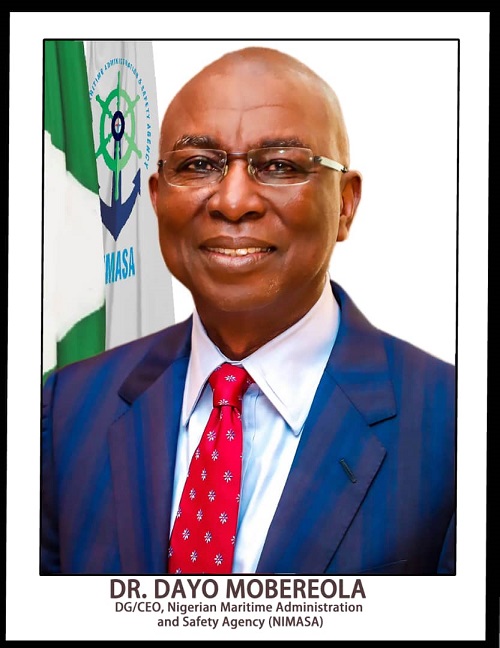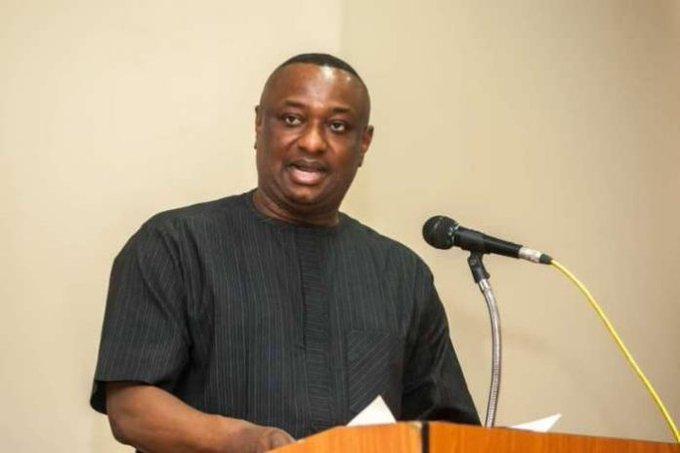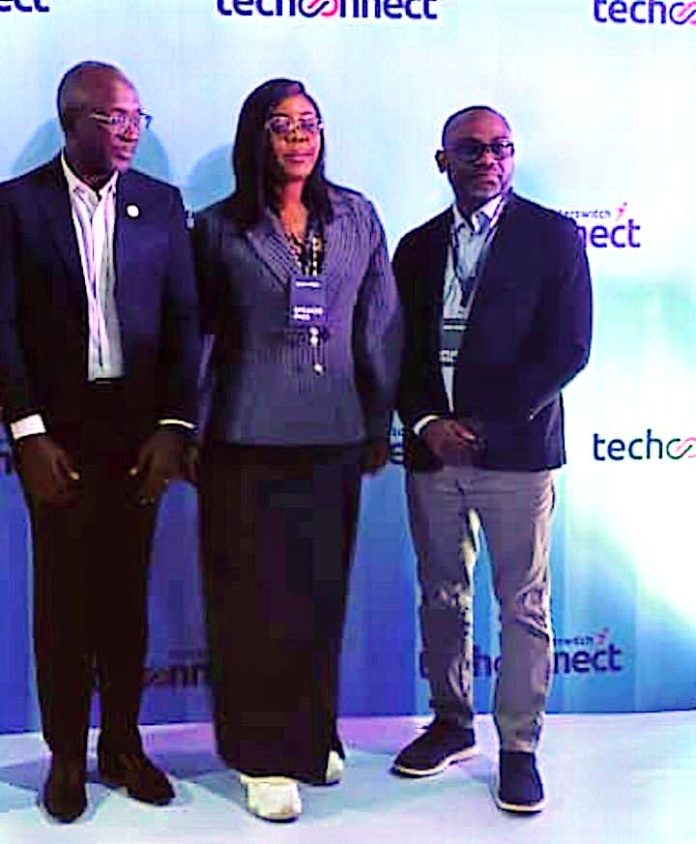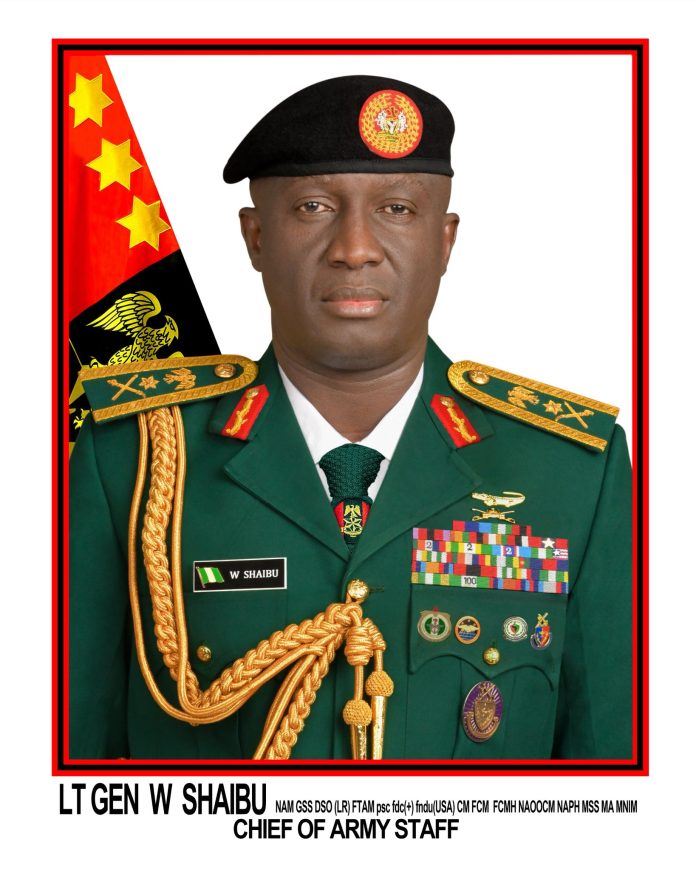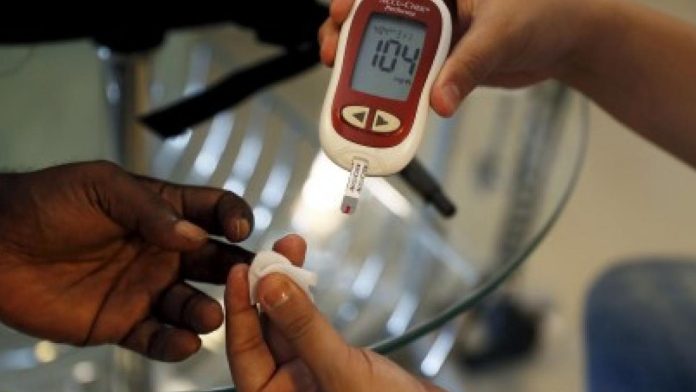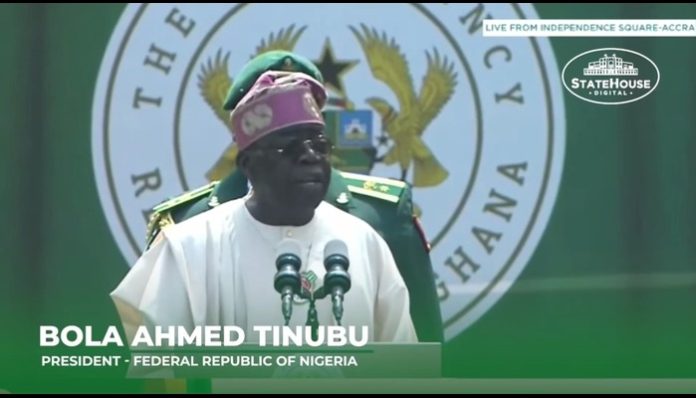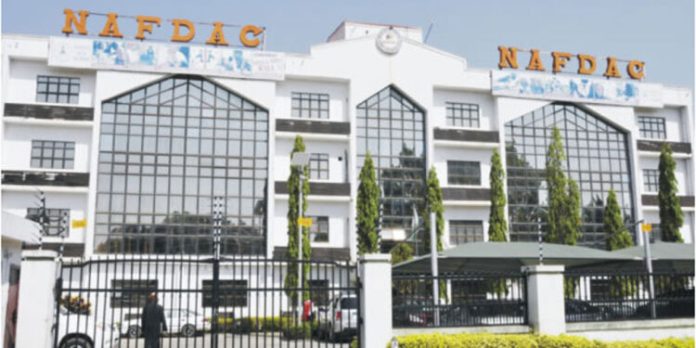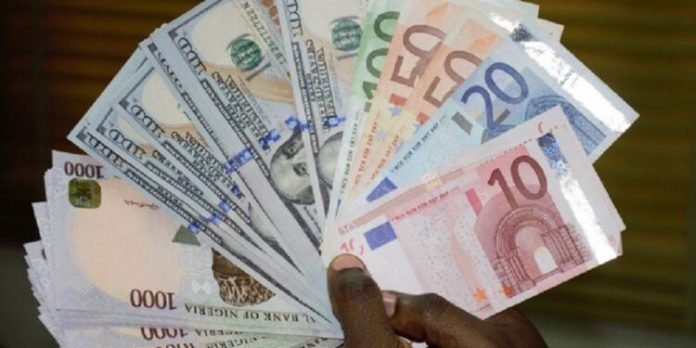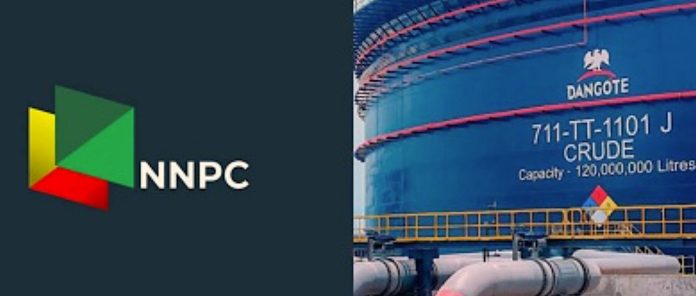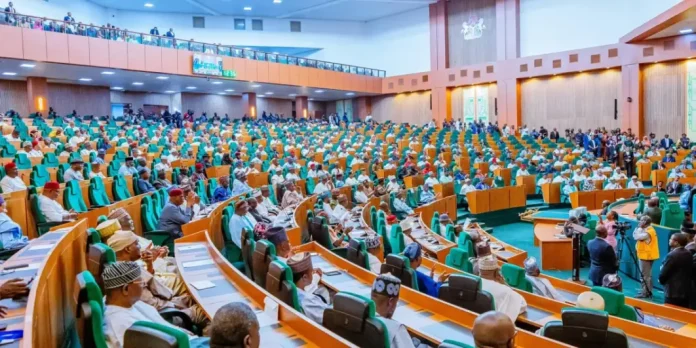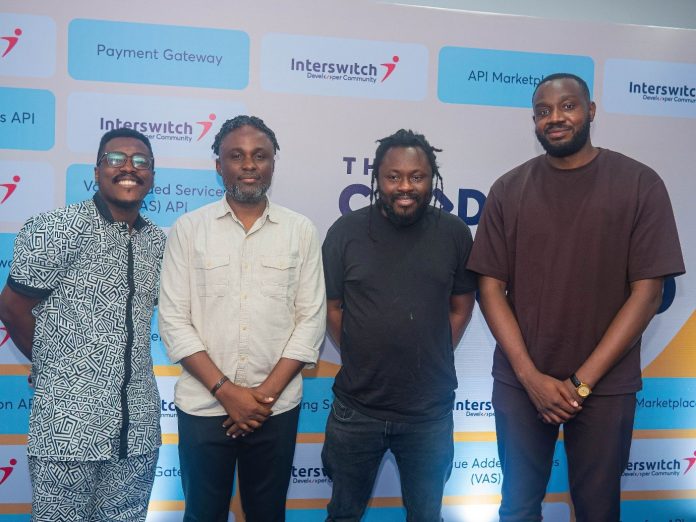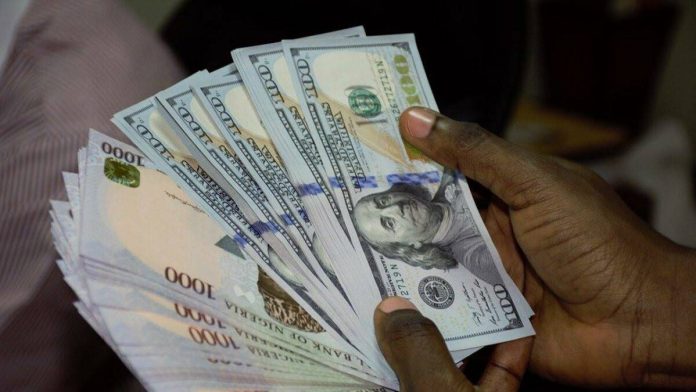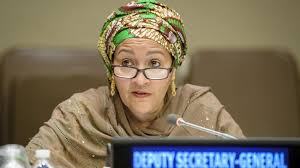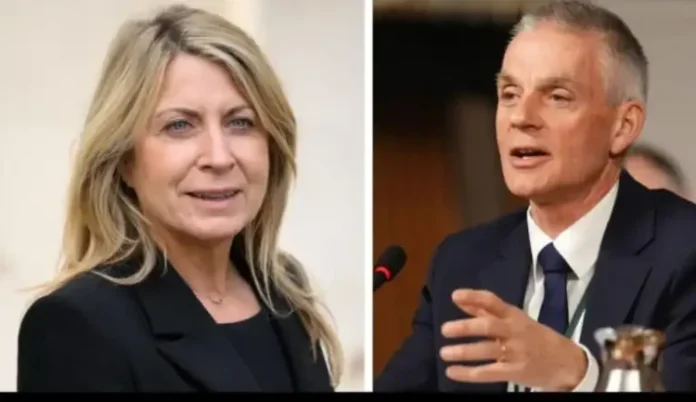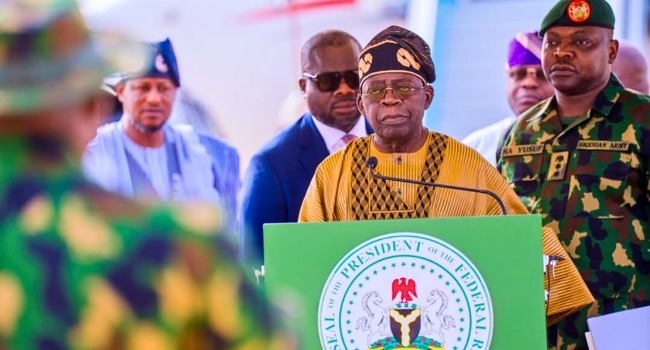The Director General of the Nigerian Maritime Administration and Safety Agency (NIMASA), Dr. Dayo Mobereola, has underscored the importance of effective Port State Control (PSC) as a critical mechanism for enhancing global maritime safety and ensuring environmental compliance in shipping operations.
Dr. Mobereola made this known during the opening of a five-day Regional Train-the-Trainer Workshop on Port State Control for Member States of the Abuja Memorandum of Understanding (MoU), held in Lagos with support from the International Maritime Organization (IMO).
Represented by NIMASA’s Executive Director of Operations, Engr. Fatai Taiye Adeyemi, the DG described the workshop as a testament to Africa’s collective commitment to achieving safer, cleaner, and more efficient shipping practices.
“Your presence here demonstrates our shared resolve to strengthen maritime governance, enhance safety standards, and promote environmental protection across West and Central Africa,” he stated.
In a statement signed by the agency’s Head of Public Relations, Mr. Edward Osagie, the DG lauded the IMO, the Abuja MoU Secretariat, and technical partners for their consistent support in building regional capacity and advancing maritime safety across the continent.
Delivering a goodwill message, the IMO representative, Captain Ahmed Sewelam, reaffirmed the Organization’s commitment to assisting member states through technical cooperation programmes that promote uniform and effective PSC regimes globally.
“Effective regional cooperation and harmonized Port State Control practices are essential to eliminating substandard shipping and ensuring consistency across the region,” Captain Sewelam said.
He further highlighted that the workshop provides an opportunity for delegates to enhance inspection procedures, reporting mechanisms, and performance strategies towards advancing maritime safety and sustainability.
Similarly, the Secretary-General of the Abuja MoU, Captain Sunday Umoren, reiterated that capacity building remains central to the MoU’s objectives. He stressed that strong national systems and effective Flag State control directly influence the success of Port State Control operations.
“We must continue to strengthen cooperation and share best practices to sustain high standards of maritime safety and regulatory compliance across the region,” he noted.
The ongoing workshop has drawn participants from 22 countries across West and Central Africa, serving as another milestone in NIMASA’s efforts to consolidate Nigeria’s leadership in regional maritime safety, enhance environmental protection, and foster harmonized PSC standards for safer shipping operations.










